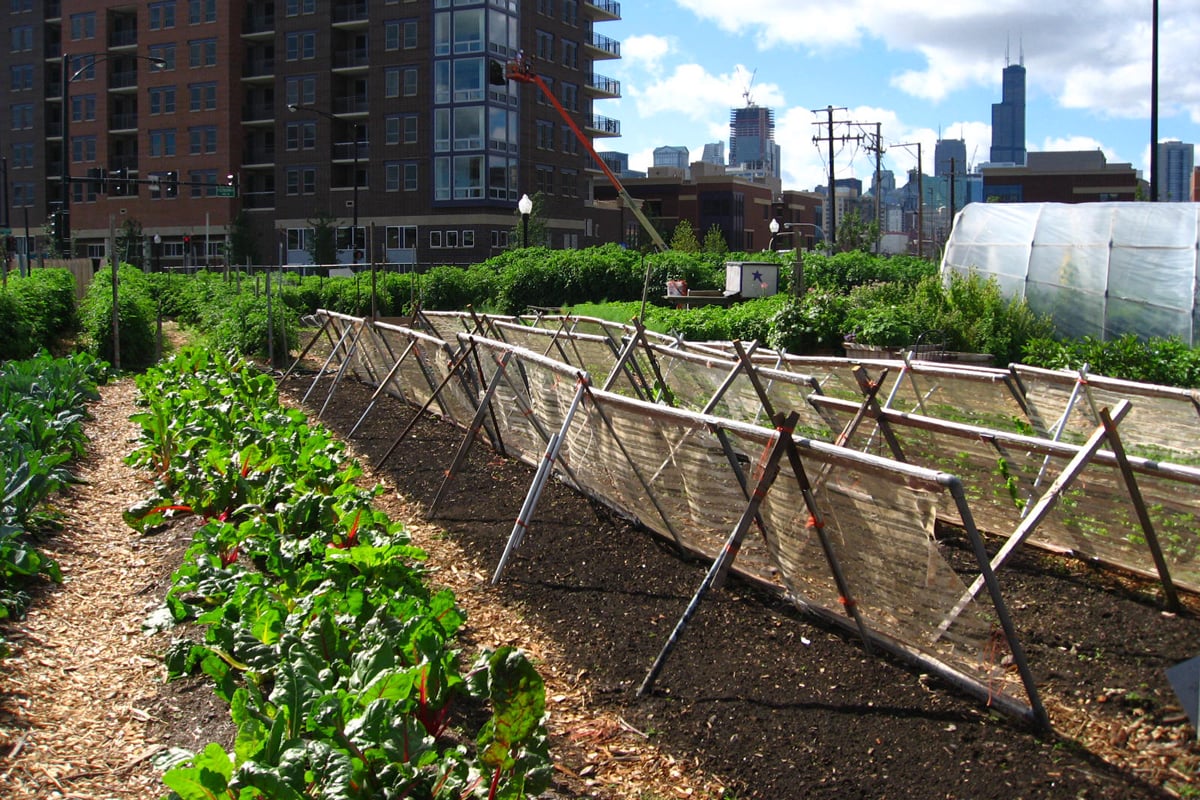- Governments and city planners can support this movement by offering incentives, integrating urban agriculture into city development plans and investing in research.
Food insecurity is a major issue in urban areas, where access to fresh and affordable food is often limited. As cities grow, traditional agriculture struggles to meet rising demand, making urban farming a vital solution.
By utilizing innovative methods such as rooftop gardens, hydroponics and vertical farming, urban agriculture transforms underutilized spaces into productive food sources, reducing reliance on expensive imports and long-distance transportation.
Urban farming offers multiple benefits, including increased food access, economic growth and environmental sustainability. By establishing local food sources, urban farms provide fresh produce to communities affected by food deserts while creating job opportunities in agriculture and distribution.
Additionally, sustainable practices like composting and rainwater harvesting contribute to a greener environment while promoting healthier eating habits that can reduce diet-related illnesses.
Despite challenges such as limited space and regulatory barriers, urban farming remains a practical approach to addressing food insecurity. Governments and city planners can support this movement by offering incentives, integrating urban agriculture into city development plans and investing in research. By embracing urban farming, cities can build resilient food systems that ensure a healthier and more secure future for all.
Read More






